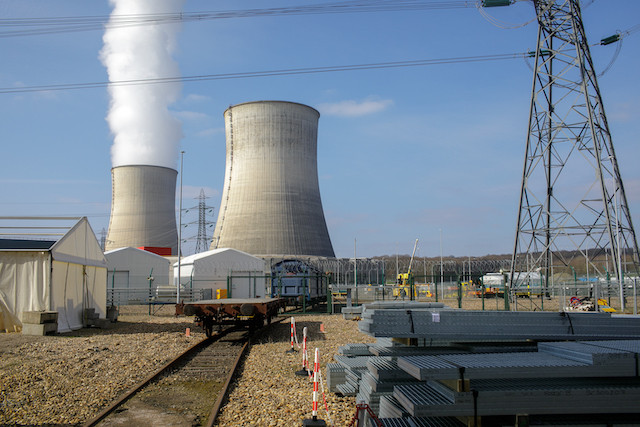The grand duchy and the regional German energy ministries in a joint statement said the power plant isn’t needed to secure electricity supplies. They had commissioned an independent review with Consentec, a Germany-based energy supply consulting company.
“Overall, it can be seen that security of supply issues do not stand in the way of decommissioning the Cattenom nuclear power plant, since suitable remedial measures are technically known and can be made available in a comparatively short time,” the report concluded.
The government published the study just days before the 35th anniversary of the Chernobyl nuclear disaster on 26 April.
Luxembourg, the Saarland and Rhineland-Palatinate would be immediately effect by an incident at the Cattenom reaction.
“That is why we are resolutely committed against the continued promotion of nuclear power, especially in our direct neighbouring countries. It is clear to us that, in view of its unforeseeable consequences and dangers, nuclear power must finally be a thing of the past,” the regional ministers, including Luxembourg’s environment minister Carole Dieschbourg and energy minister Claude Turmes (both déi Gréng) said.
This year also marked ten years since the nuclear disaster at Fukushima in Japan, which recently made headlines again as the country is planning on releasing millions of litres of contaminated water into the ocean off its coast.
Even though the water will be treated and diluted so that radiation levels are below drinking water limits, Japan’s neigbours rebuked the country over the plans.
With the French government currently reviewing which nuclear reactors could be switched off as part of policies to rely less on the energy source and boost renewables, Luxembourg and Germany said the study published on 23 April shows that Cattenom could easily be closed down.
At the same time, France is studying to extend the lifespan of some of its power plants, a move which the grand duchy and Germany oppose and say should involve a cross-border risk assessment.
Luxembourg last year objected to a Belgian review of potential nuclear waste storage sites, which included locations near the border to the grand duchy. It said Belgium hadn’t followed procedures by failing to carry out a cross-border environmental risk assessment.
